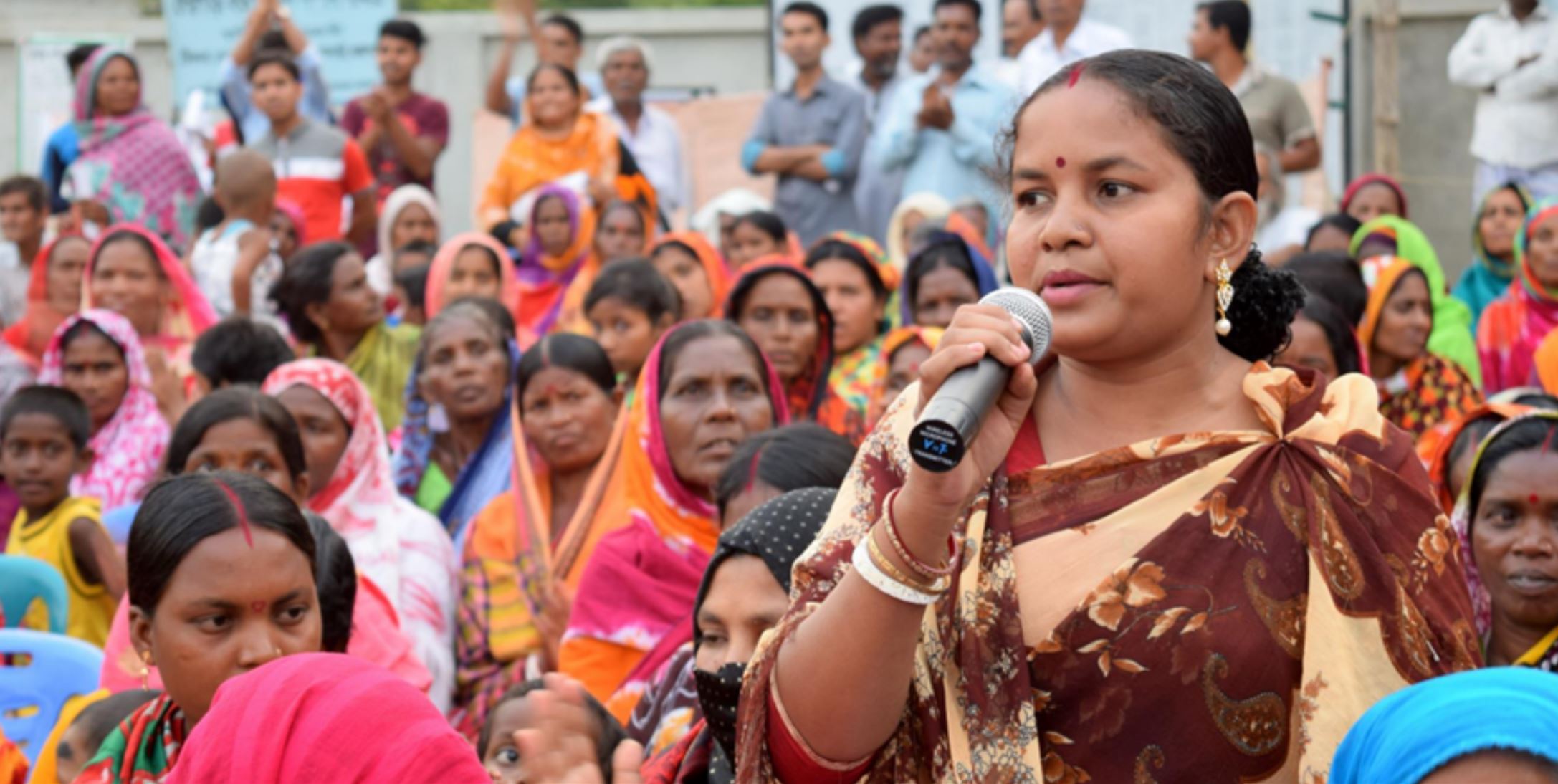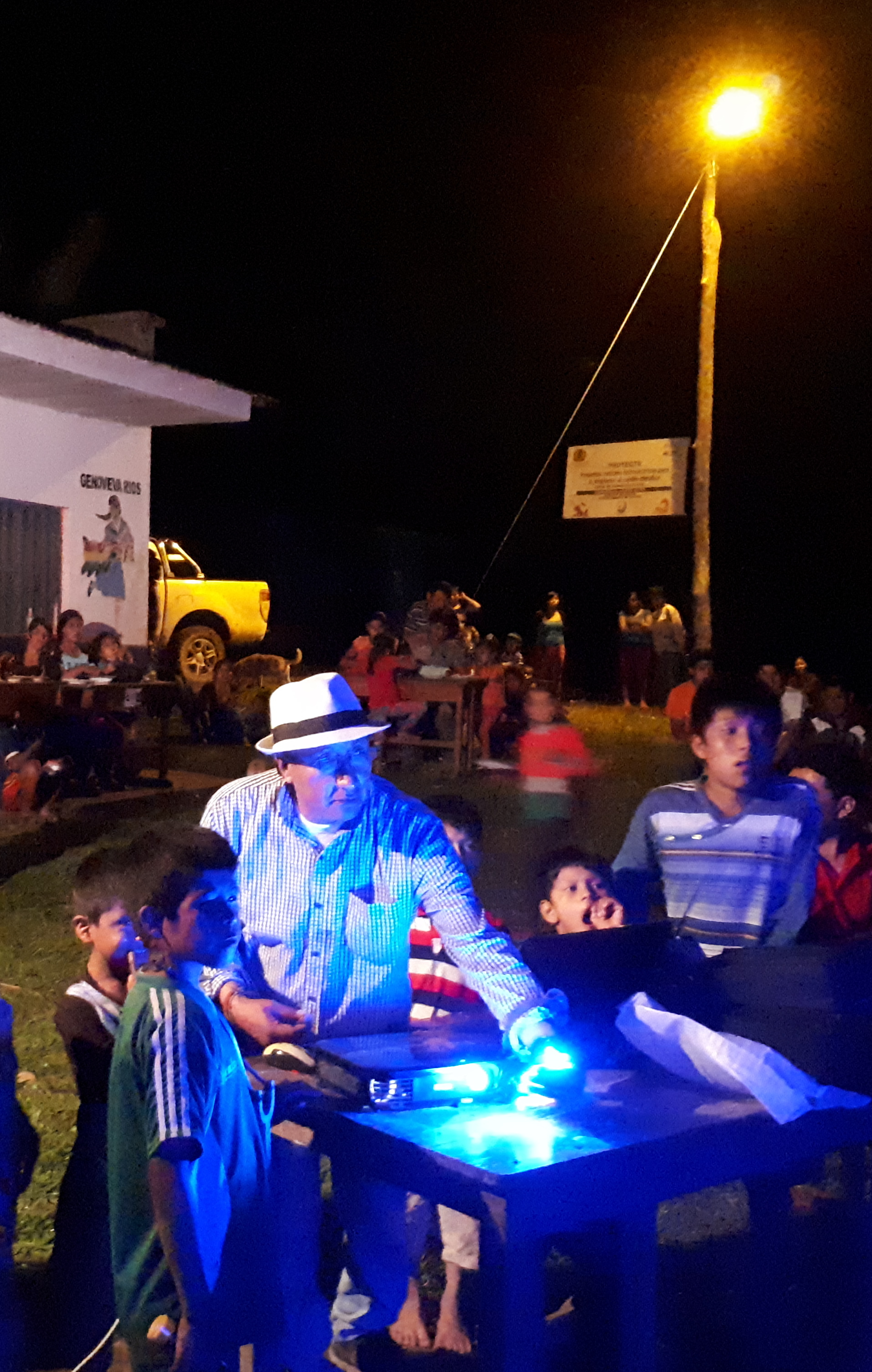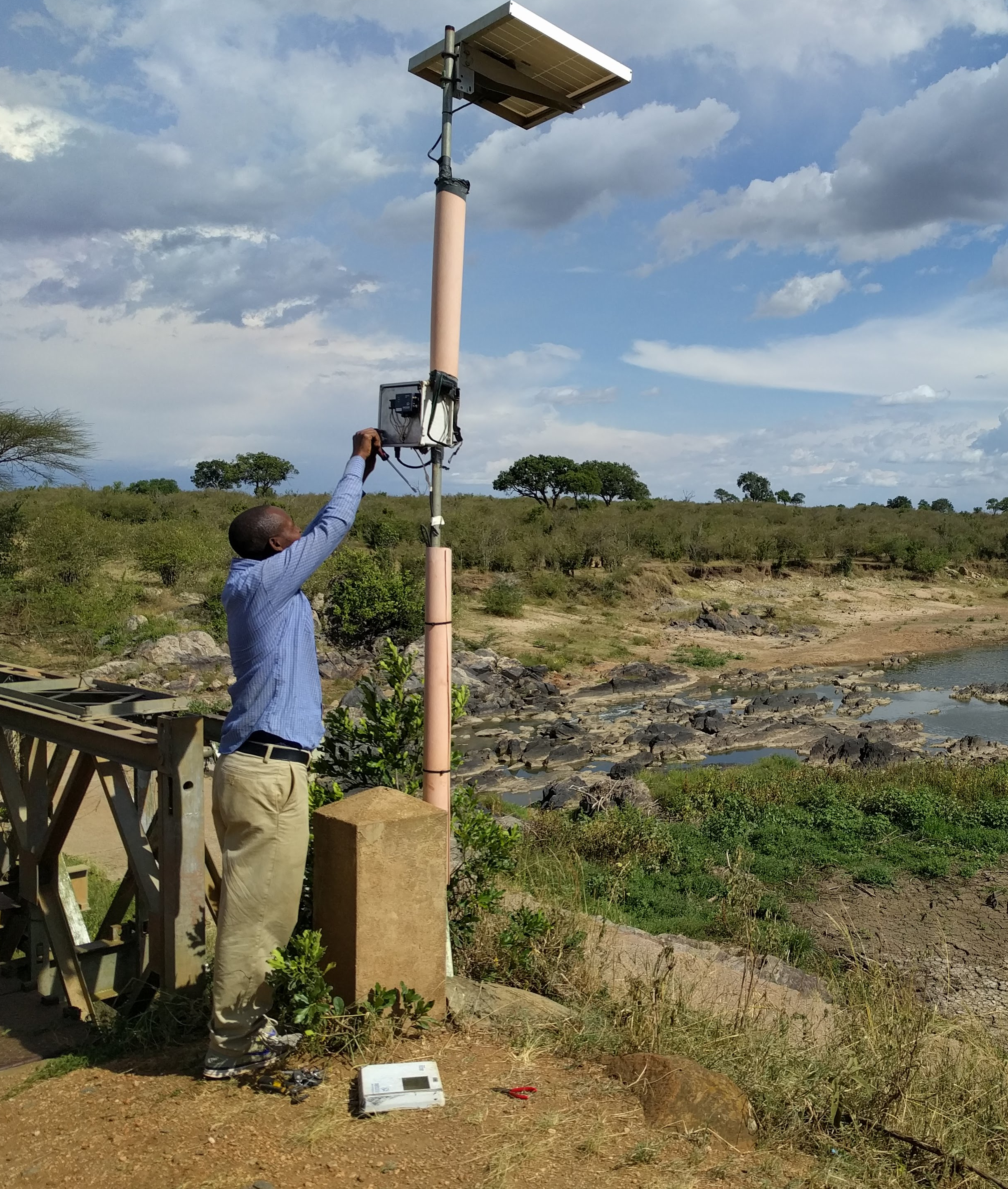When submissions closed in June 2020, over 350 change journeys had been submitted to the Water ChangeMaker Awards. These became 78 change journeys in the semi-finals, and now - when only the finals are left, 12 change journeys remain in the competition.
In his introduction, GWP Interim Executive Secretary Peter Repinski said that the 2020 GWP Network Meeting was a fitting place for announcing the finalists: “Making positive change happen is at the forefront of our minds during this annual network meeting, with the theme “Bringing the Change. And how better to do that than to share stories of change from around the world. We received a wide range of stories, from nature-based solutions to financial investments, from small community initiatives to large global programmes. They explored the role of leadership, integrity, participation, and innovation from various stakeholder perspectives. Although every story was inspiring, they were all carefully evaluated according to the same stringent criteria.”
"Deciding on the 12 brilliant finalists was difficult," said Oyun Sanjaasuren as she congratulated all participants and announced the finalists in front of nearly 300 GWP Partners who participated in the Opening Plenary of the GWP Network Meeting on 21 October.
The 12 finalists
The first finalist comes from Bangladesh, implemented by HELVETAS Swiss Intercooperation, the project Mothers parliaments advocate for climate resilient WASH facilities.
Then from Bolivia, implemented by the Fundacion Natura Bolivia, a project called Watershared Bank: Funding the conservation of water factories in the Tropical Andes.
Also from Bolivia comes the initiative Water and hydroenergy are driving self-sustainable development in the Sarayoj indigenous community in Bolivia, implemented by ONG PRODENER - Centro Integral del Desarrollo de la Energías Alternativas y de la Producción.
Then from Brazil, the Water Producer Project in the Pipiripau Watershed: building resilience in a water-conflict area in Brazil, implemented by the Regulatory Agency for Water, Energy and Basic Sanitation of the Federal District – ADASA.
From Bhutan, implemented by the Bhutan Water Partnership, Building low-cost climate-resilient agriculture technology to address water scarcity through water resource management.
From Canada, implemented by the International Secretariat for Water, the project Indigenous communities leading water resilience in the Andes.
From Ecuador, implemented by the organisation Fondo de Páramos Tungurahua y Lucha contra la Pobreza-FMPLPT, the project The Tungurahua Moorland and Poverty Reduction Fund, driven by the indigenous and rural vision of Tungurahua.
From Egypt, implemented by the Suez Canal University (a public University), the initiative Bank filtration for water treatment and climate resilience: application, training, and awareness.
From Honduras, implemented by Water for People, the project Strengthening community resilience through holistic water, sanitation, and hygiene (WASH) programmes, including micro-basin protection.
From Kenya, submitted by Upande Limited, a project called Washmis platform development and services.
From Mexico, implemented by the Fondo Mexicano para la Conservación de la Naturaleza A.C. (FMCN), the project Watersheds and Cities: Social participation to improve the health of ecosystems and water provision.
And finally, the last but not the least, implemented by the Masungi Georeserve Foundation Inc. (MGFI) in the Philippines, The Masungi Georeserve story: Restoring forgotten watersheds through youth-led movements.
The winner will be announced in January 2021 – more information about this will follow.
Top photo by MD. SAWKAT CHOWDHURY, DORP - Mothers parliaments advocate for climate resilient WASH facilities
Inset photo 1: Watershared Bank: Funding the conservation of water factories in the Tropical Andes.
Inset photo 2: Washmis platform development and services.



